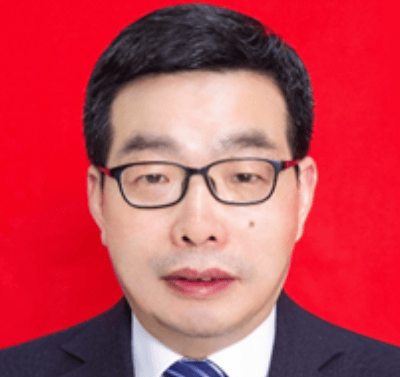Qiuwang Wang

Qiuwang Wang
Xi'an Jiaotong University
wangqw@mail.xjtu.edu.cn
Spatio-temporal thermal resistance control for gravity driven solid granules thermal processes
BIO
Dr. Qiuwang Wang, Professor of School of Energy & Power Engineering, Xi’an Jiaotong University, China. His research interests include heat transfer enhancement and energy saving, energy storage fundamental and technology, heat transfer under extreme conditions, heat transfer in porous media, prediction and optimization of thermal and fluid problems. He is a Fellow of ASME, a China Delegate of Assembly for International Heat Transfer Conference (AIHTC), an executive member of Scientific Council of International Centre for Heat & Mass Transfer (ICHMT), a Vice President of Chinese Society of Engineering Thermophysics in Heat & Mass Transfer. He is the founding Editor-in-Chief of Energy Storage and Saving, the Associate Editors of International Journal of Heat and Mass Transfer, Heat Transfer Engineering, and Editorial Board Members for several international journals such as Renewable and Sustainable Energy Reviews, Energy Conversion and Management, Energy, Applied Thermal Engineering, etc. He is the founding chair of two international conferences: International Workshop on Heat Transfer Advances for Energy Conservation and Pollution Control (IWHT, since 2011) and the International Conference on Energy Storage and Saving (ICENSS, since 2022). He has also delivered more than 40 Plenary/Keynote lectures in international conferences.
ABSTRACT
More than 4.5 billion tons of solid granules with high temperature are produced annually in relevant industries such as metallurgy, chemical engineering and building materials production. Over 300 million tons of standard coal are consumed and the unused waste heat exceeds 100 million tons in those fields. Traditional cooling techniques like water quenching result in a significant discharge of waste gas/water. Therefore, improving the energy efficiency and material utilization during industrial process, achieving the reduction of solid waste, are of great importance for the efficient energy conservation of process industries. In traditional calcination process, the external over-burning and internal under-burning of a single granule contribute to high energy consumption and poor quality of product. The high-temperature granules with wide particle size also presents considerable obstacles to the recovery of waste heat using traditional fixed bed, moving bed and fluidized bed. Addressing the above-mentioned issues, we proposed a principle of spatio-temporal thermal resistance control for gravity driven solid granules thermal process equipment. The calcination technology with multi-dimensional alternating heating was developed to realize the temporal thermal resistance control of granules. Also, high-efficiency waste heat recovery technologies were implemented to address the issue of high apparent thermal resistance. Based on the above technologies, an integrated equipment including uniform calcination, granules grading and efficient heat recovery was developed.